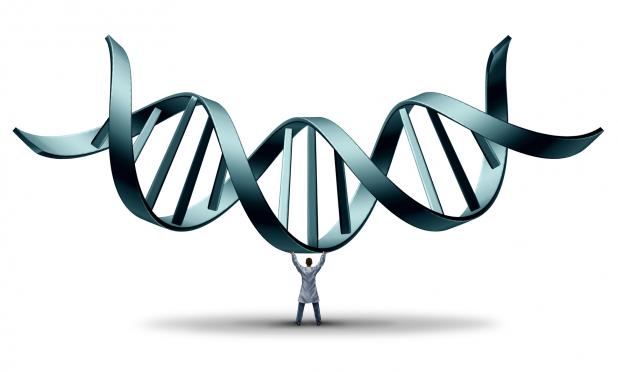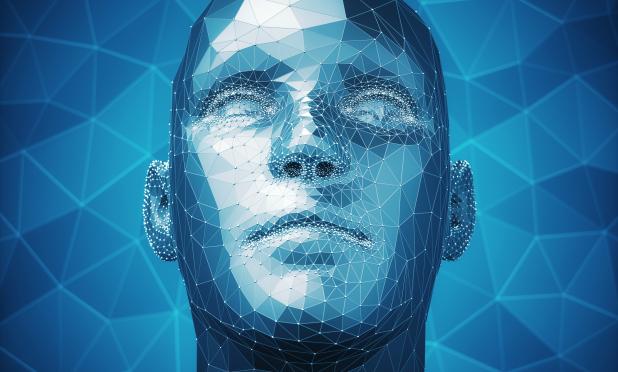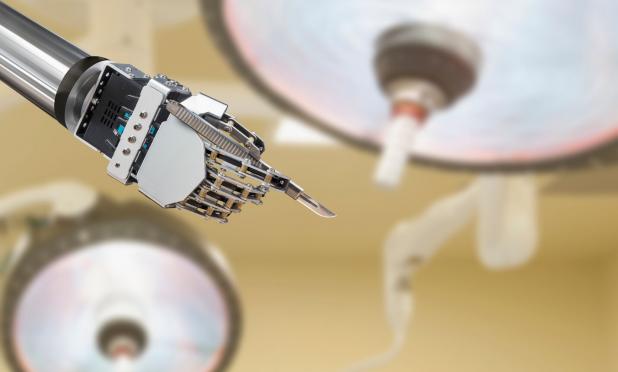
/
SPONSORED
Michigan researchers turn to AI to help hospitals manage beds
Particularly during COVID-19 surges open beds are precious commodities to ICU staff making triage decisions, but a new machine learning tool should help.

/
SPONSORED
EU releases AI regulatory proposal
Given the anticipated growth of AI in healthcare and other sectors, say observers, developers and providers need to stay abreast of emerging regulatory guidelines.

/
SPONSORED
New AI model helps unravel intricacies of the human immune system
Among other things, researchers will use the new tool to understand the role of the immune system in the development of autoimmune disorders, and why some cancer patients benefit from new drugs and others do not.

/
SPONSORED
NY academic medical system unveils PhD program for AI in medicine
Among other goals, say stakeholders, the new AIET PhD concentration is part of a larger effort to develop new tools for faster and more effective drug discovery using patient-driven biology.

/
SPONSORED
Researchers focus AI on emerging COVID variants
The advantage of using AI in vaccine rollouts, say stakeholders, is that it will facilitate success during round two of vaccine dosing and create a blueprint for future mass inoculation efforts.

/
SPONSORED
EU report highlights importance of AI to healthcare’s future
Among other things, the EU organization said it will continue supporting institutions’ efforts to adapt, as well as to play a key role in improving the skills of the healthcare workforce.

/
SPONSORED
Google adds new AI to vaccine distribution effort
AI-assisted call centers can expedite the delivery of information, triage calls and streamline the final resolution based on the needs of the individual.

/
SPONSORED
AI provider adds analytics services to improve surgical care options
Olive’s new affiliate focuses on identifying unwarranted clinical variation, improving patient outcomes and increasing the affordability of care—starting in surgery.

/
SPONSORED
ML scours brain scans to help identify multiple sclerosis
Most people with MS are diagnosed between the ages of 20 and 50, say medical experts, but the first signs of the disease often start years earlier.


